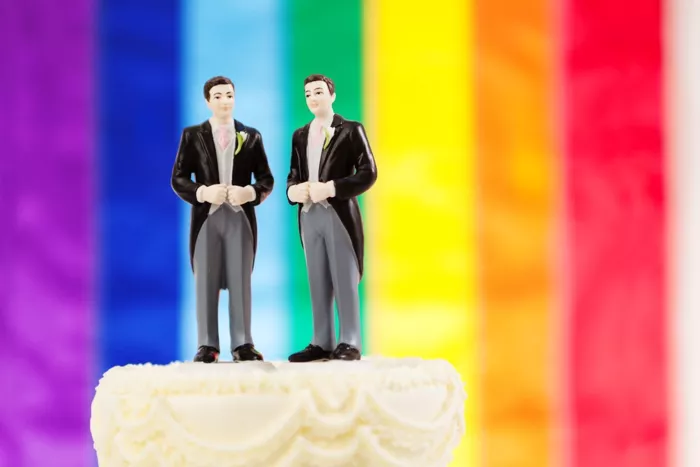
Texas Supreme Court allows judges not to perform same-sex weddings based on religious beliefs
November 3, 2025
The Texas Supreme Court has amended its judicial code of conduct to protect Texas judges who refuse to perform same-sex marriages from facing disciplinary action.
The Christian Post reports that the ruling stems from a lawsuit filed by McLennan County Justice of the Peace Dianne Hensley, who in 2019 refused to perform same-sex marriages, because it was “inconsistent with her religious faith.”
At that time, the State Commission on Judicial Conduct (SCJC) issued a public warning to Hensley and informed her that her refusal raised questions about her “capacity to act impartially” as a judge.
Following that warning, Hensley stopped performing weddings altogether.
Hensley sued the commission in 2019 under the Texas Religious Freedom Restoration Act (TRFRA) saying that the warning substantially burdened her free exercise of religion.
That case was dismissed in 2021 by lower courts which cited a failure to exhaust administrative remedies.
Last year, the Texas Supreme Court reversed most of that judgment, and allowed the suit to proceed after it ruled that Hensley’s religious freedom claims were “clearly sufficient” under TRFRA.
According to the Christian Post, on Oct. 24, the court approved adding a new comment to Canon 4 of the Texas Judicial Code that states: “It is not a violation of these canons for a judge to publicly refrain from performing a wedding ceremony based upon a sincerely held religious belief.”
That clarification effectively removed the sanction against Hensley and serves to shield other judges from similar punishment.
That guidance comes as the U.S. Supreme Court prepares for a private conference on Nov. 7 to consider a challenge to same-sex marriage from a former Kentucky county clerk who refused licenses to gay couples after the Obergefell decision legalizing it nationwide.
Photo: top, Credit: Getty Images/YinYang
